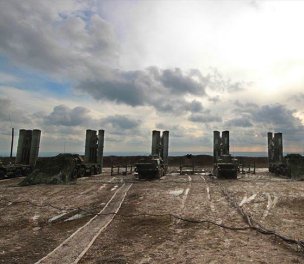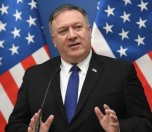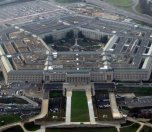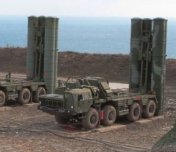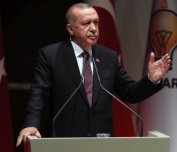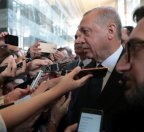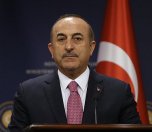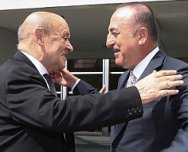Click to read the article in Turkish
US acting Secretary of Defense Patrick Shanahan sent a letter to National Defense Minister Hulusi Akar on June 6, warning Turkey that it cannot have both the S-400 air defense missile systems from Russia and the F-35 joint strike fighter jets.
Along with not being able to receive the fighter jets, Turkey will also suffer a loss "in jobs, gross domestic product and international trade" if it purchases the S-400s, the letter threatened.
This letter evoked the memories of President Lyndon Johnson's letter to Prime Minister İsmet İnönü on June 5, 1964, when the two countries' relations reached the lowest point at the height of the Cold War.
"The Johnson Letter"
Johnson intended to deter Turkey from conducting a military operation in Cyprus in accordance with the 1960 Treaty of Guarantee which designated Turkey, the United Kingdom and Greece as the guarantors of peace in Cyprus.
Johnson warned Turkey that if it intervenes in Cyprus without consulting with the guarantors and its allies, NATO may not protect it against a possible Soviet intervention, reminding that the US and Turkey "fought against communism together."
"I hope you will understand that your NATO allies have not had a chance to consider whether they have an obligation to protect Turkey against the Soviet Union if Turkey takes a step which results in Soviet intervention without the full consent and understanding of its NATO allies."
The letter was met with "shock and disbelief" in Turkey, as a CIA cable noted at the time.
"Johnson's letter has done more to set back United States Turkish relations that any other single act," the cable said.
"Some went even so far as to say that in the light of this letter Turkey should not have postponed intervention. The general consensus was that this letter makes almost mandatory for Turkey to become more independent of the United States in the field of international relations."
PM İnönü defied the US President, saying, "A new world will be built then, and Turkey takes its place there," after his cabinet meeting.
The exchange led to a meeting with the two leaders in Washington on June 21, which made Turkey to postpone its military intervention plans to Cyprus, only to practice it after 10 years, which resulted in the de facto separation in the island. (PT/VK)







